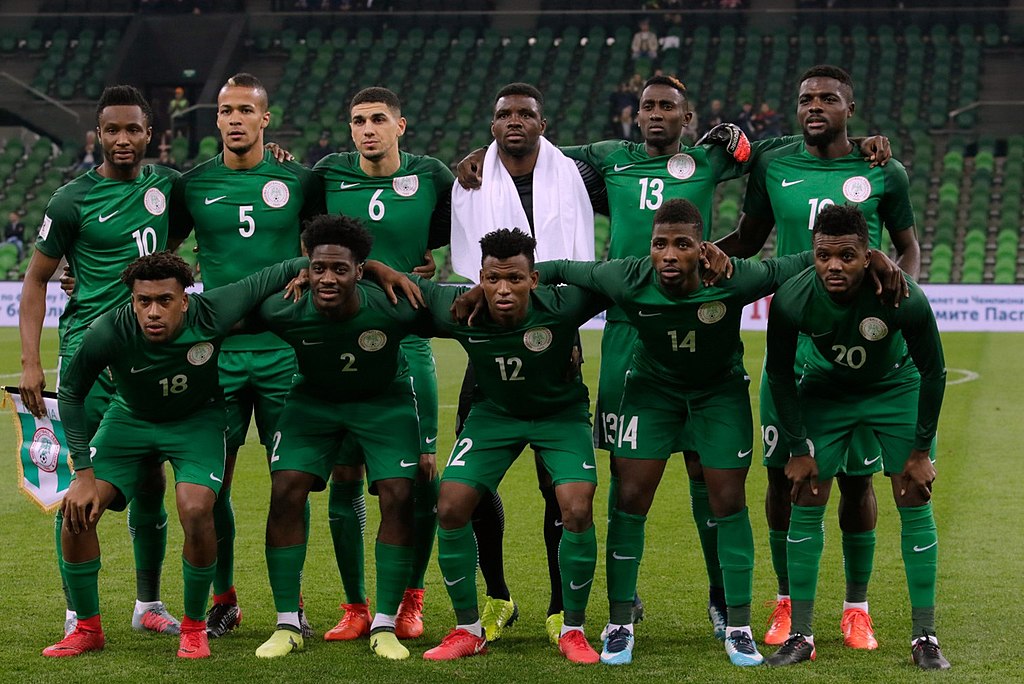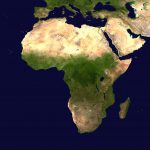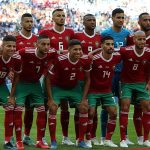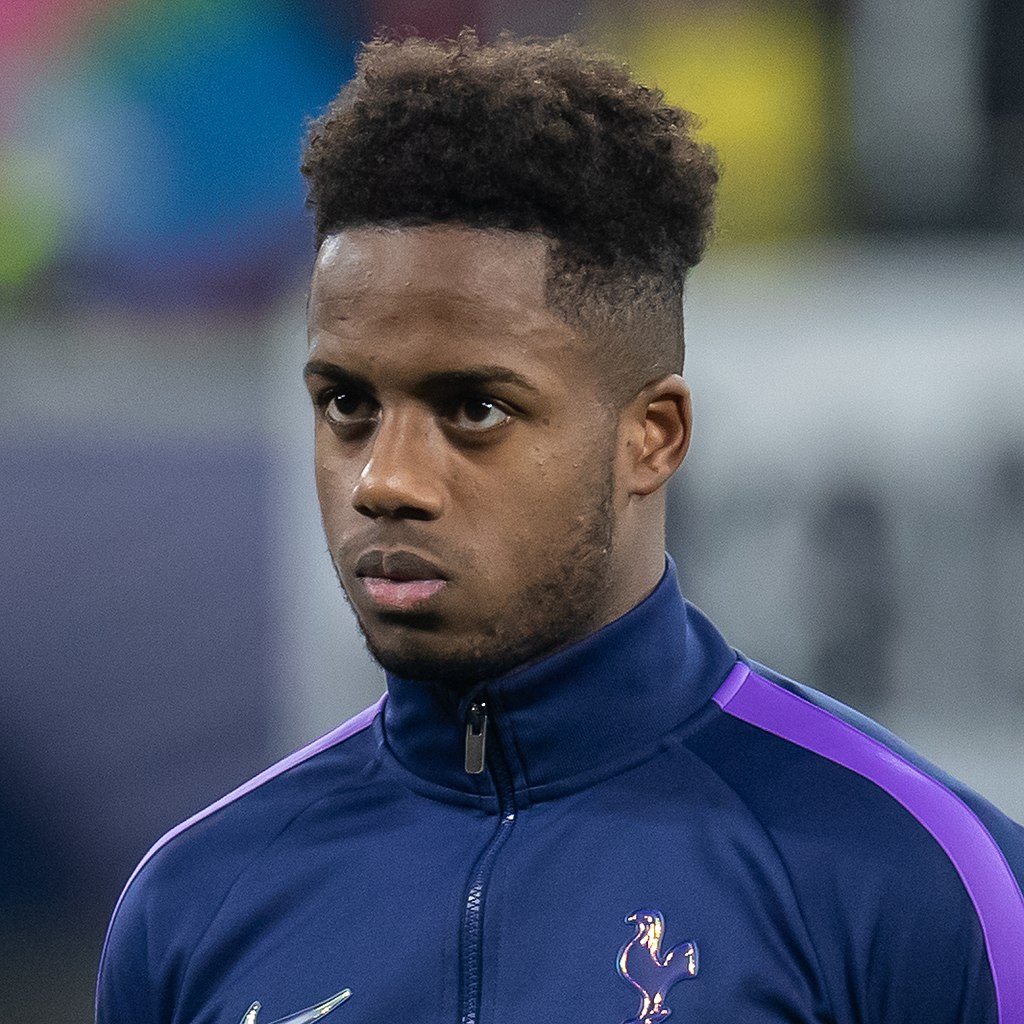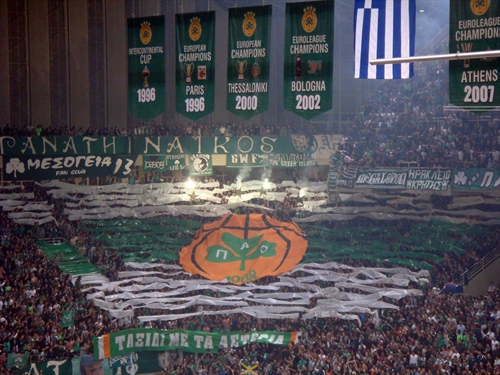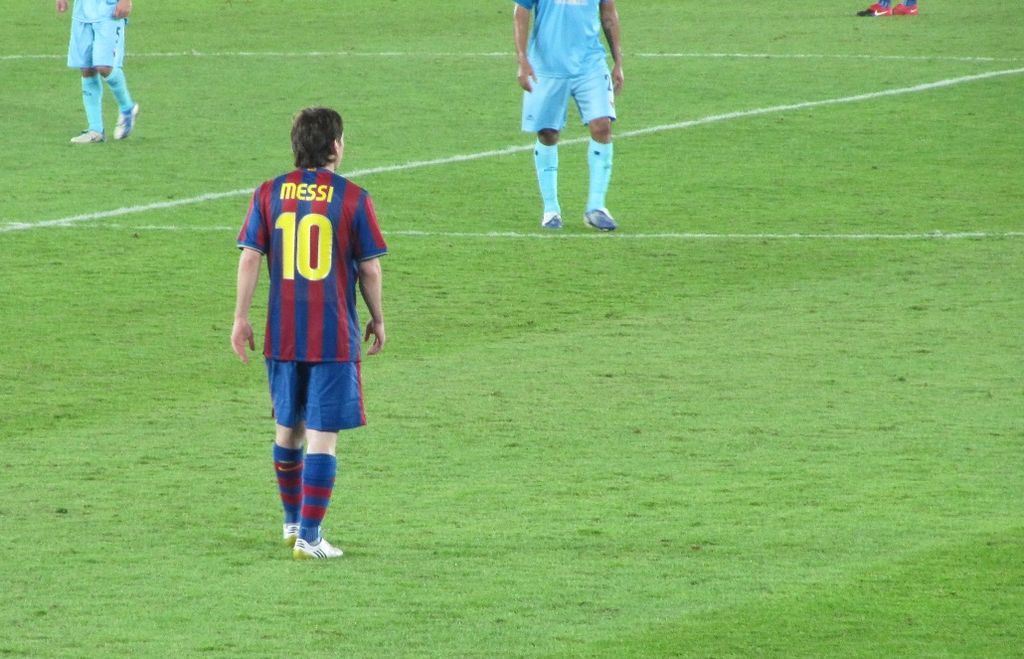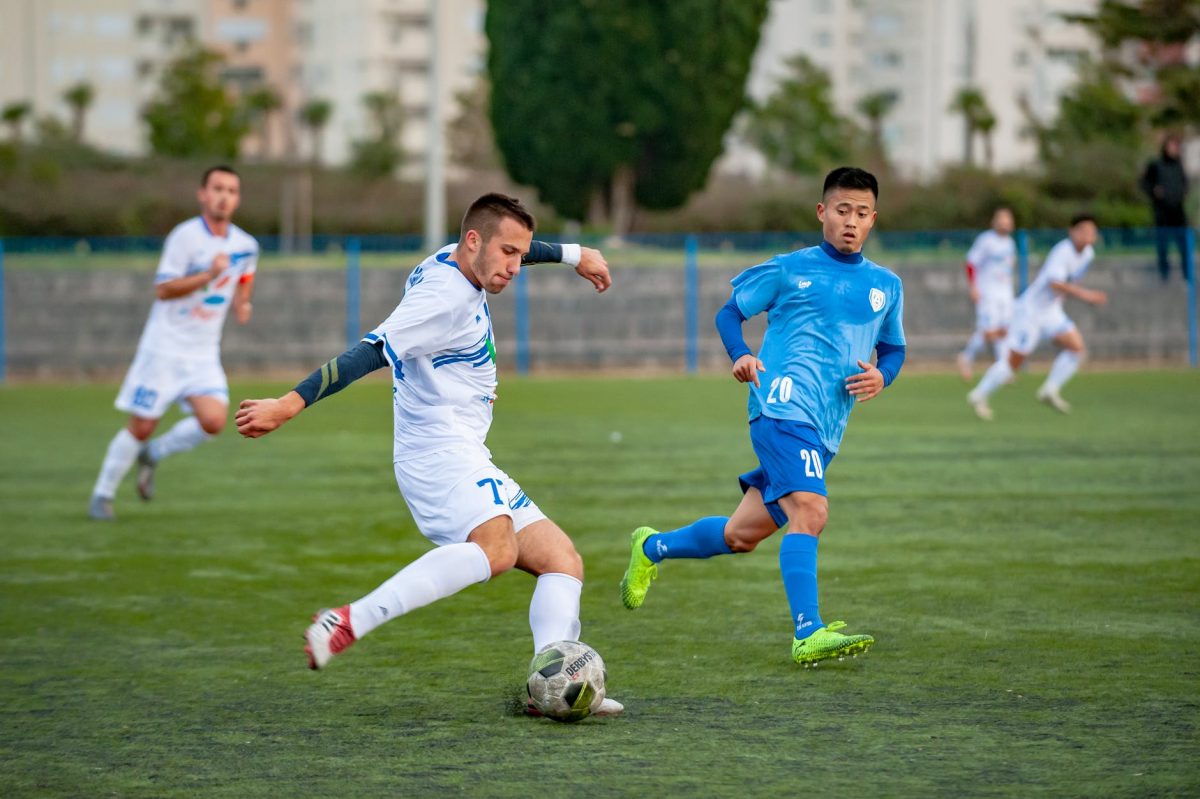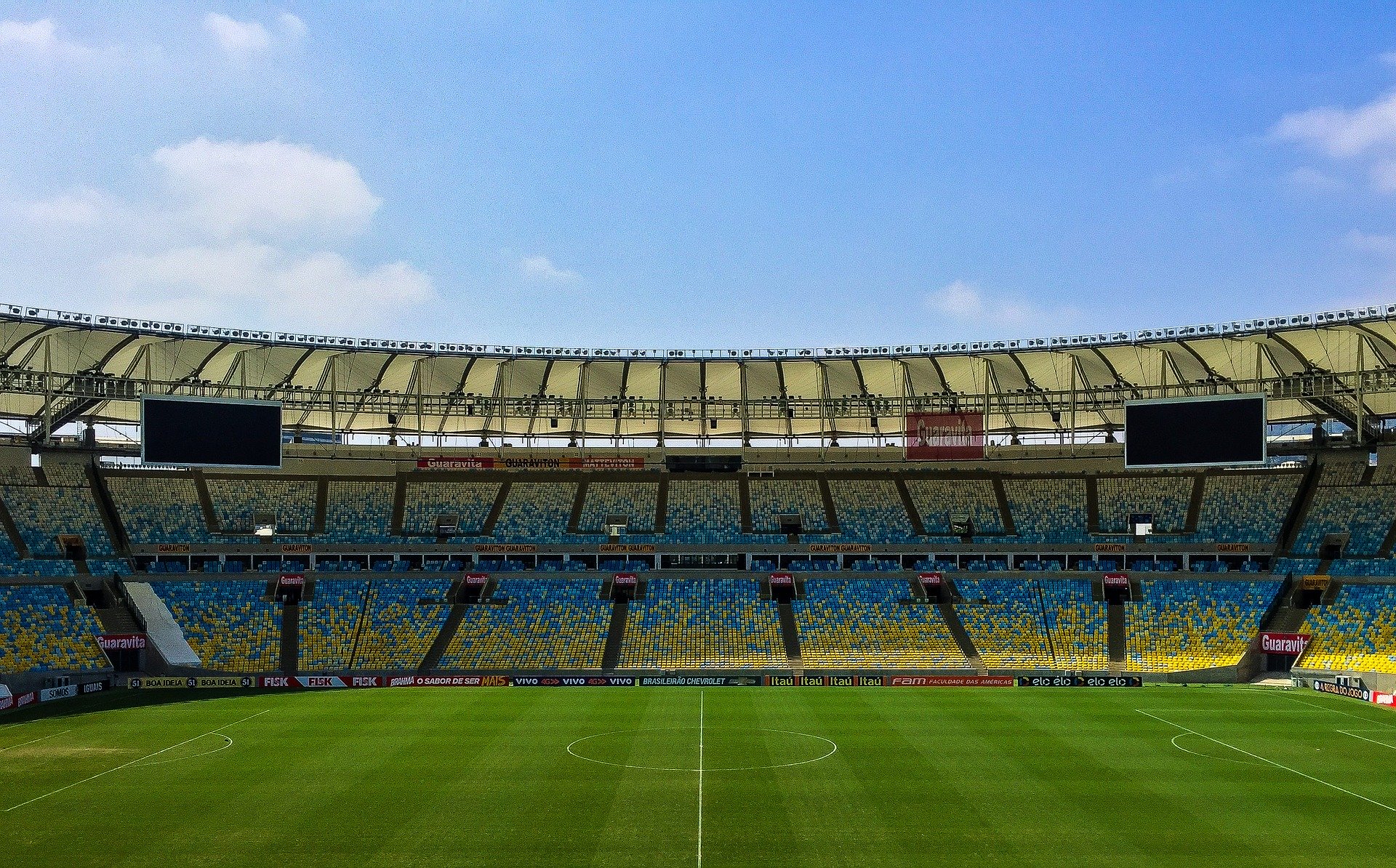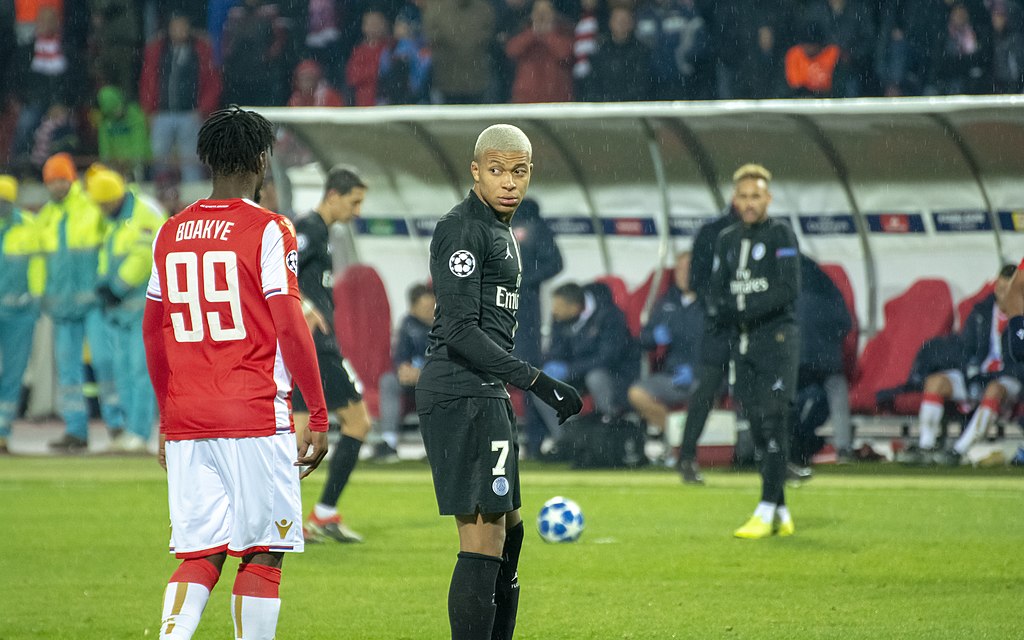FIFA has officially announced the 2022 FIFA World Cup’s start date, which will be November 21, 2022. The tournament will take place in late fall to early winter, since the tournament will take place in the heat of Qatar.
This means that World Cup Qualifiers need to get underway quickly, and qualifiers all around the globe are starting to return. The Confederation of African Football, CAF, has the second of three qualifying rounds set to return in October, earlier than most confederations. So what teams do you have to look out for?
Group A: Algeria, Burkina Faso, Niger, Djibouti
Poor Djibouti. For the first time ever in the countries’ history, Djibouti advanced to the second round of the African World Cup Qualifiers. Their opponents? Defending African Cup of Nations winners Algeria, sleeping giants Burkina Faso (you heard it here first) and Niger. Djibouti’s determination might make them a fun team to watch and could potentially get many young players scouted by European clubs, but given that only one nation will advance to the next round from each group, it’s extremely unlikely Djibouti will advance.
As previously mentioned, Algeria are the defending AFCON champions but they might be at a slight disadvantage as they have a relatively old squad with the exception of few players such as Ismaël Bennacer, the 22-year old AC Milan midfielder who won Player of the Tournament as well as Young Player of the Tournament in Algeria’s AFCON triumph.
Burkina Faso have some exciting young players with Lyon winger Bertrand Traoré, Ajax forward Lassina Traoré and Bayer Leverkusen defender Edmond Tapsoba, and could potentially surprise some people.
Meanwhile, Niger have players scattered across the globe in Finland, Hungary and Cameroon but have yet to gain any international success and it’s hard to see that changing.
Group B: Tunisia, Zambia, Mauritania, Equatorial Guinea
Tunisia surprisingly qualified for the 2018 World Cup and were drawn in a tricky group consisting of England, Belgium, and Panama. Tunisia were somewhat unlucky to be eliminated in the group stages, losing to England thanks to an added time goal from Harry Kane before being thrashed by Belgium and beating Panama. They followed that tournament up with a bizarre AFCON performance. Placed in a relatively easy group of Mali, Angola and Mauritania, the Eagles of Carthage drew every single group stage game but somehow advanced to the next round. They drew against Ghana but won on PKs, beat Madagascar 3-0 but then lost in extra time in the semi-finals 1-0 to Senegal as well as losing the third place game 1-0 to Nigeria. So who knows what to expect from Tunisia?
Zambia could surprise some and are more than capable of passing Tunisia. If they did, a huge part of that would probably be because of Red Bull Salzburg duo Patson Daka and Enock Mwepu, two of the best players on the Zambian squad. Daka has been a superb replacement for Erling Haaland up top for Salzburg as Daka has scored 24 goals and gathered eight assists in the Austrian Bundesliga.
Mauritania is the eleventh largest country in Africa but have never enjoyed much soccer success. They have qualified for zero World Cups and one AFCON tournament, the 2019 edition, but they finished last in the group after earning a grand total of two points. That might change in the future as they have some solid prospects, namely Ibrahim Tall. Tall is a 20-year old PSG youth player, born in France but with Mauritanian citizenship and is the future of the Mauritanian soccer team.
Equatorial Guinea has qualified for more international tournaments than Mauritania despite having roughly 1/37 of the land Mauritania has. Equatorial Guinea have qualified for two AFCON tournaments, but only qualified as hosts both times and it’s fair to say that the nation won’t be on the up-swing anytime soon.
Group C: Nigeria, Cape Verde, Central African Republic, Liberia
Nigeria are one of the most successful teams in African history and have qualified for the past three World Cups, but they are currently going through a transitional phrase. Veterans Odion Ighalo, Victor Moses and John Obi Mikel have all announced international retirements but Nigeria have a bright future as they are ushering in youngsters like Victor Osimhen and Wilfred Ndidi. Nigeria are definitely the favorites for this group.
Still, Cape Verde have a quite solid squad. In midfield they have Jamiro Monteiro, who has been key for MLS club Philadelphia Union. Up top, Cape Verde have Fenerbahce winger Garry Rodrigues and Porto striker Zé Luís. Cape Verde’s best chance would be to hold Nigeria to draws in both legs and limit Nigeria’s attacking opportunities and hope that Nigeria slipped up to Liberia or Central African Republic.
Central African Republic were struggling not so long ago. In August of 2010, Central African Republic were ranked 202nd in the world, but improved to 89th just a year later. They have since gone down to 109th, but it’s still a drastic improvement for the team. The nation’s captain is Foxi Kethevoama, a 34-year old midfielder for second-tier Turkish team Balikesirspor, who will likely retire (at least internationally) by the time that the third round of African World Cup qualifiers come around, unless Central African Republic happened to miraculously advance that far. Still, the team has a bright future.
Speaking of bright futures, Liberia’s national team has some of the best hidden young talent in Africa. Allen Njie, a 20-year old midfielder, has played 16 games for historic Swiss club Grasshoppers. Oscar Dorley plays for Champions League club Slavia Prague. Mohammed Sangare plays for Newcastle United’s youth team. Liberia will not win this group and advance to the third round, but I can comfortably say that this team will qualify for their first AFCON tournament since 2002 within the next ten years.
Group D: Cameroon, Ivory Coast, Mozambique, Malawi
Malawi have never qualified for the World Cup, and are one of the lowest ranked countries in the world as they are ranked 123rd. That’s lower than North Korea, Tajikistan and Palestine. Still, they managed to beat Botswana 1-0 on aggregate in the first round of World Cup qualifiers, which was enough to get them into the second round where they are now. Similar to Djibouti, it’s an unfortunate group stage draw for the tourist-filled nation, who face rivals Mozambique and African powerhouses Ivory Coast and Cameroon, but there is no such thing as an easy group when it comes to African soccer.
Ivory Coast (or Cote d’Ivoire) have had many legends leave recently. Within the past ten years, Yaya Toure, Didier Drogba and Kolo Toure have all retired. They missed out on the 2018 World Cup after qualifying for the 2014 edition, but they have replenished the squad with stars Nicolas Pepe, Wilfried Zaha, Maxwel Cornet and, uh, Serge Aurier. They made it to the quarterfinals of the 2019 AFCON tournament and are the favorites to win this group.
While Ivory Coast were recovering for many key players retiring, Cameroon were recovering from one. Samuel Eto’o, one of the greatest players of all time, retired from international duty shortly after Cameroon’s group stage elimination in the 2014 World Cup. Eto’o ended his club career in 2019 after some strange moves to Turkey, England and Qatar but Cameroon missed the 2018 World Cup and only reached the Round of 16 in AFCON. The team has reloaded, with PSG forward Eric Choupo-Moting named captain and with star Ajax goalkeeper André Onana starring at the back, Cameroon have a decent chance to win this group.
As a country, Mozambique has a long and interesting history, but the soccer team’s history has been rather short. The team was founded in 1975, and just eleven years later, in 1986, the team made it to their first ever AFCON tournament. They lost every group stage game. Ten years later, in 1996, they qualified for their second ever AFCON tournament, where they drew one game and lost the other two. They again qualified in 1998 for AFCON where, once more, they drew one game and lost the other two. Remarkably, this happened again in the 2010 AFCON tournament: Mozambique drew one and lost the other two games.
It’s unlikely that Mozambique will even come close to advancing to a first-ever World Cup, but if they somehow managed in a future World Cup, bet all your money on Mozambique tying one game, and losing the other two.
Group E: Mali, Uganda, Kenya, Rwanda
Mali had a good 2019 AFCON tournament, winning their group before barely losing to Ivory Coast in the Round of 16. Mali’s squad is better than it ever has been, thanks in no small part to Adama Traore, who plays as a midfielder for AS Monaco. Another key player is Adama Traore, who plays as a winger for French club Metz. However, no one can argue that Mali would not been significantly better if Wolverhampton winger Adama Traore had decided to play for Mali rather than Spain. Malians, please name your kids something other than Adama Traore!
Surprisingly, Mali have qualified for eleven AFCON tournaments yet no World Cups. This might finally change, however, as Mali’s national team is up to 56th in FIFA’s World Rankings.
Uganda also had a good 2019 AFCON tournament, reaching the Round of 16 before a 1-0 loss to eventual finalists Senegal. This was the countries best result since the 1962 edition of the tournament, in which Uganda finished in fourth place. A huge part of Uganda’s success has been 22-year old midfielder Farouk Miya, who has already been capped 58 times despite his young age. Miya made his debut in 2014 at age 16 and has become a regular for Uganda, which earned him a transfer from Ugandan club Vipers SC to Standard Liège in Belgium. He was loaned out to numerous teams in Belgium and Azerbaijan before being sold to Croatian club HNK Gorica in 2018 and a year later was sold to Turkish team Konyaspor, where Miya still is and has played 25 games for Konyaspor. Still just 22, Miya has a decent chance to make it to a World Cup with Uganda, and it starts with winning this group to advance to the third round of qualifiers.
Kenya’s soccer team is probably best known for former Tottenham midfielder Victor Wanyama, but Kenya has made it to six AFCON tournaments, including the 2019 edition. However, the team lacks in players with European first-tier experience and are unlikely to get past Mali and Uganda. However, this is African soccer and anything can happen.
Rwanda is a small, Central African nation with a violent history. Soccer isn’t the most popular sport, either, with cricket, basketball, and cycling being preferred. The Wasps have qualified for just one AFCON and no World Cups, but the country has recently invested more in the sport. However, despite an uptick in interest, the size and population of the country might unfortunately limit the development of the sport in Rwanda.
–
It’s great that soccer has returned, and with national soccer returning as well things will return before you know it. Please check back to see part two of this article, which will come out soon.
Image courtesy of Дмитрий Пукалик / CC BY-SA 3.0 GFDL.
Don’t worry if your comment does not show up, all comments must be approved to reduce spam. I hope you enjoyed, and as always, keep watching soccer!

